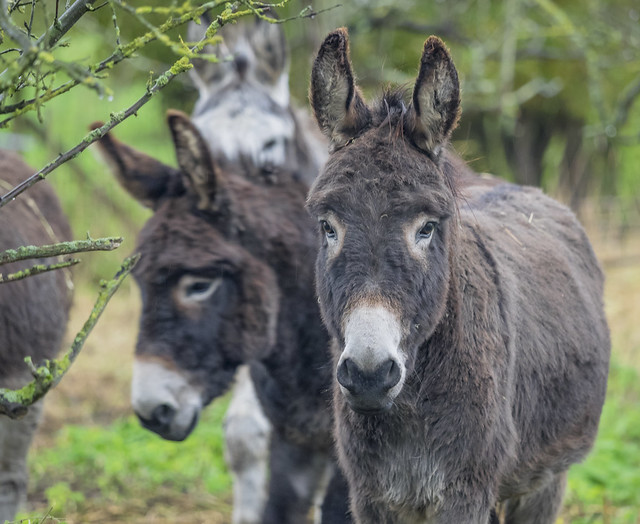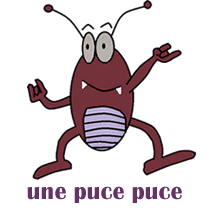An interesting Dutch word I learnt yesterday was grasduinen [ˈɣrɑsˌdœy̯.nə(n)], which means to do something with relish, to enjoy working (on something), to enjoy searching (through, in), to delve (into something), to dabble or to browse (the internet) [source].
Grasduinen comes from grasduin (grassy dune) from and gras (grass) and duin (dune). So it literally means “to grassdune”, and grassy dunes were historically considered a delightful place, apparently. It is in fact a contraction of the phrase in grasduinen gaan (to go in the grassy dunes).
More about this expression (in Dutch).
Words with similar meanings to grasduinen include:
- snuffelen = to snuffle, to sniff (around), to poke around, to search for something haphazardly [source]
- rondsnuffelen = to sniff, snoop, poke around [source]
- neuzen = to browse, peruse, snoop, peek, peep [source]
- rondneuzen = to poke, snoop nose around, to look for something special [source]
Are there interesting words for browsing, snooping, sniffing around, etc in other languages?









